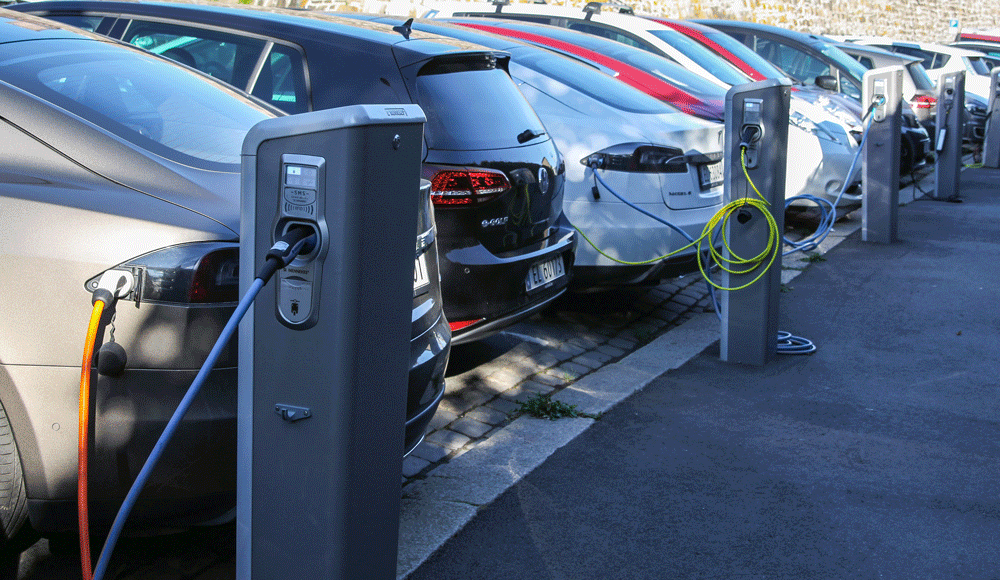
UAE Cabinet Announces New Unified Charging Fees Structure for Electric Vehicles
The resolution was adopted based on a proposal by Minister of Finance and subsequent approval by the Cabinet
The UAE Cabinet has introduced a new fee structure for electric vehicle (EV) charging services through Cabinet Resolution No. 81 of 2024.
This initiative follows a review of the UAE Constitution, Federal Law No. (1) of 1972 on the Jurisdictions of the Ministries and the Competences of the Ministers (as amended), and Federal Decree-Law No. 26 of 2019 on Public Finance (as amended).
The resolution was adopted based on a proposal by the Minister of Finance and subsequent approval by the Cabinet.
Fee Structure
According to the new resolution, the Ministry of Energy and Infrastructure and other relevant authorities will collect fees for EV charging services as follows:
* Express Charging Service: Minimum of Dh1.20 + VAT per kWh
* Slow Charging Service: Minimum of Dh0.70 + VAT per kWh
Adjustment of Fees
The Council of Ministers retains the authority to amend these fees as necessary, including making additions, deletions, or other adjustments to the fee structure.
Collection Mechanisms
The resolution specifies that federal authorities will collect the fees using methods determined by the Ministry of Finance.
Local authorities will collect the fees in accordance with mechanisms established at the Emirate level. The Minister of Energy and Infrastructure, in coordination with the Ministry of Finance, will issue any necessary executive decisions and procedures to enforce the resolution.
The new fees will take effect 60 days after the resolution is published in the Official Gazette.
For any enquiries or information, contact ask@tlr.ae or call us on +971 52 644 3004. Follow The Law Reporters on WhatsApp Channels